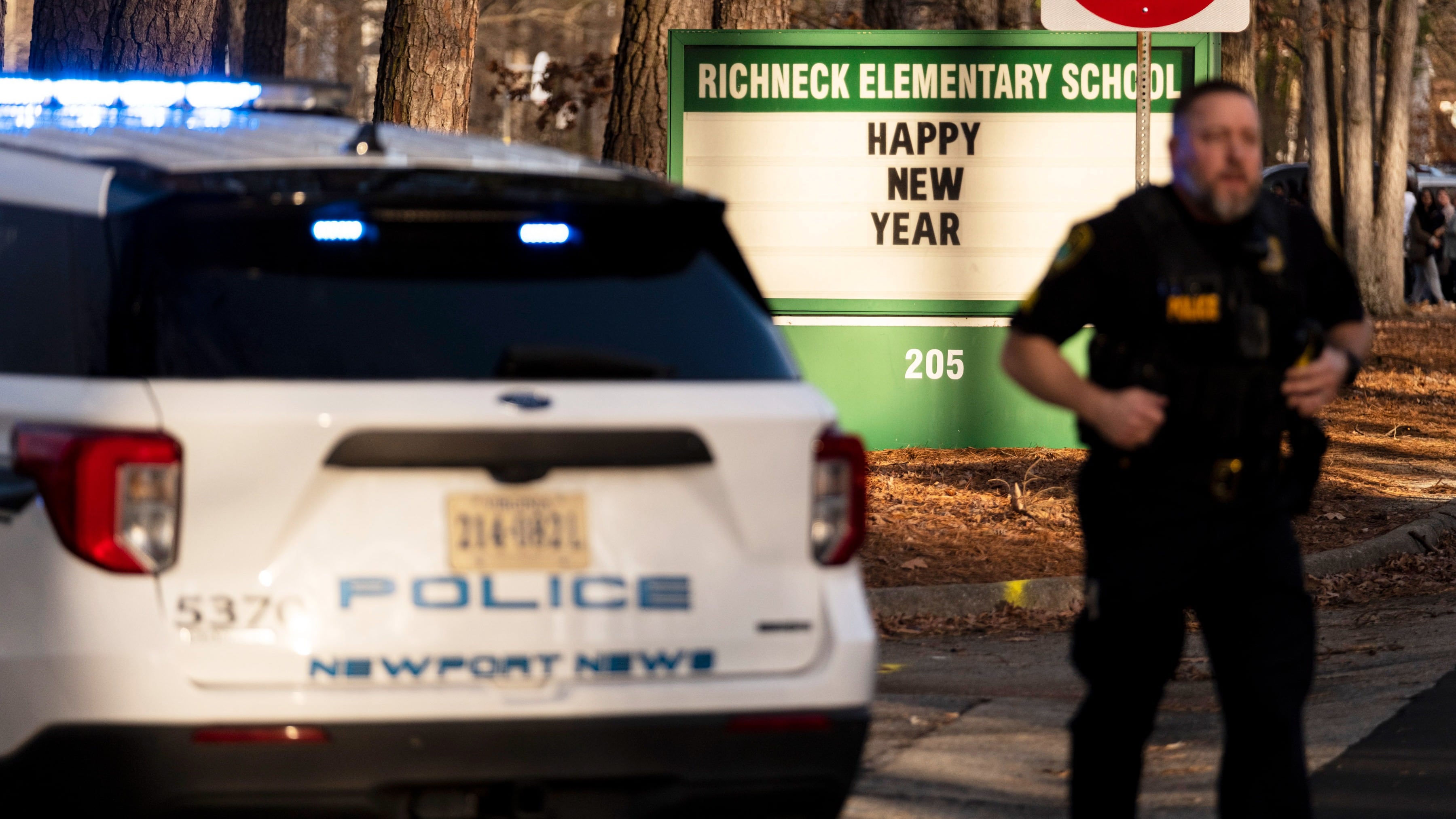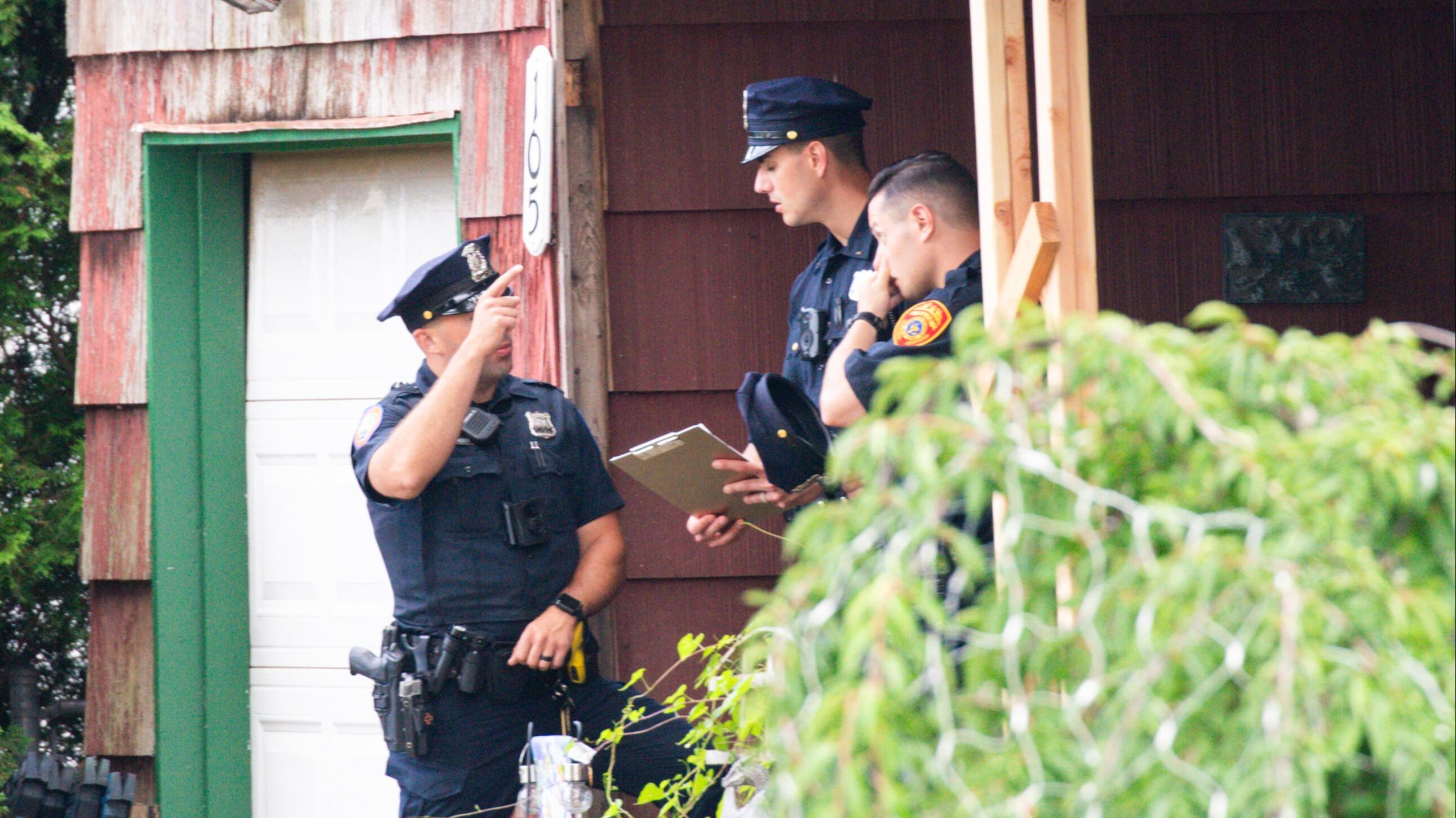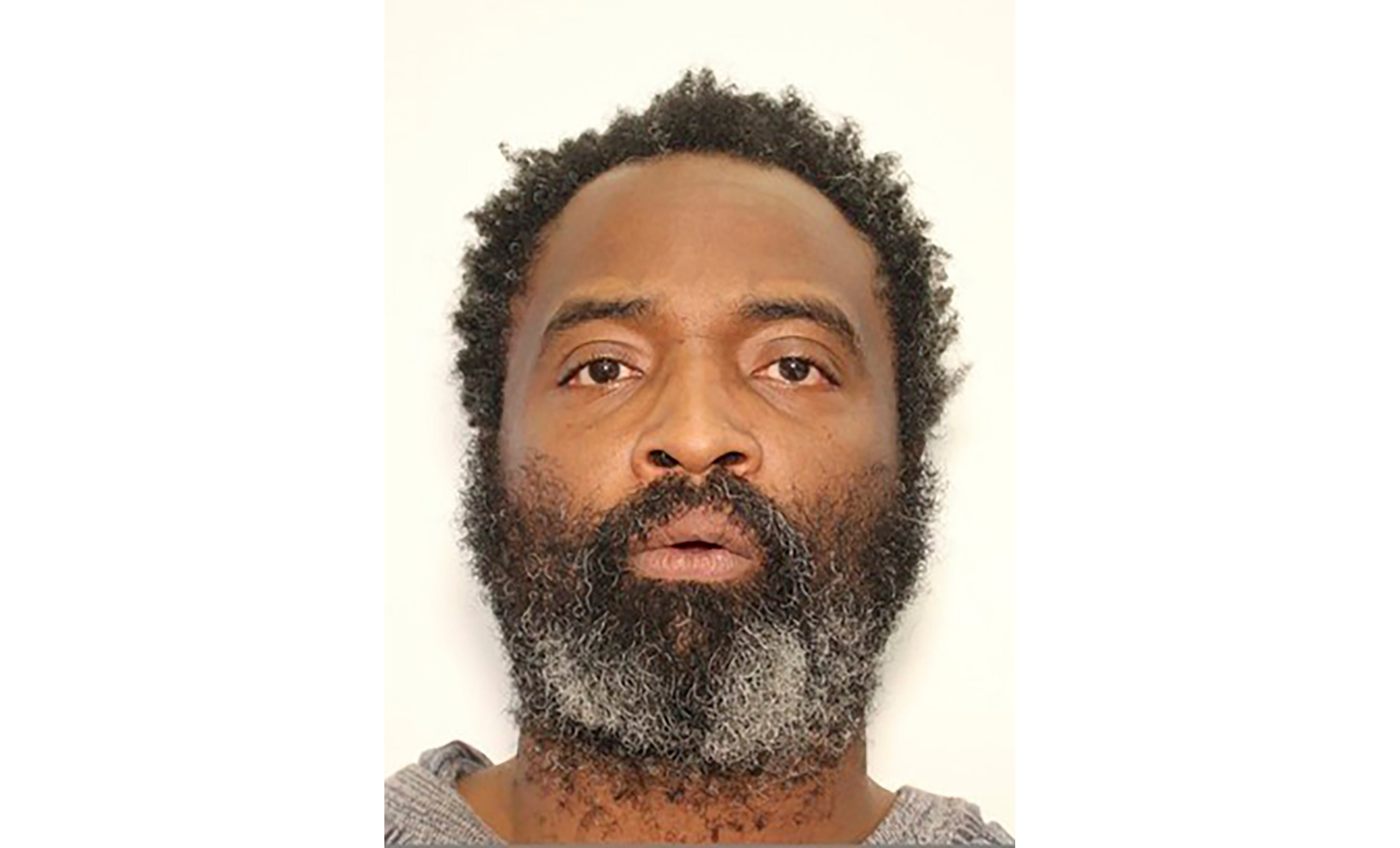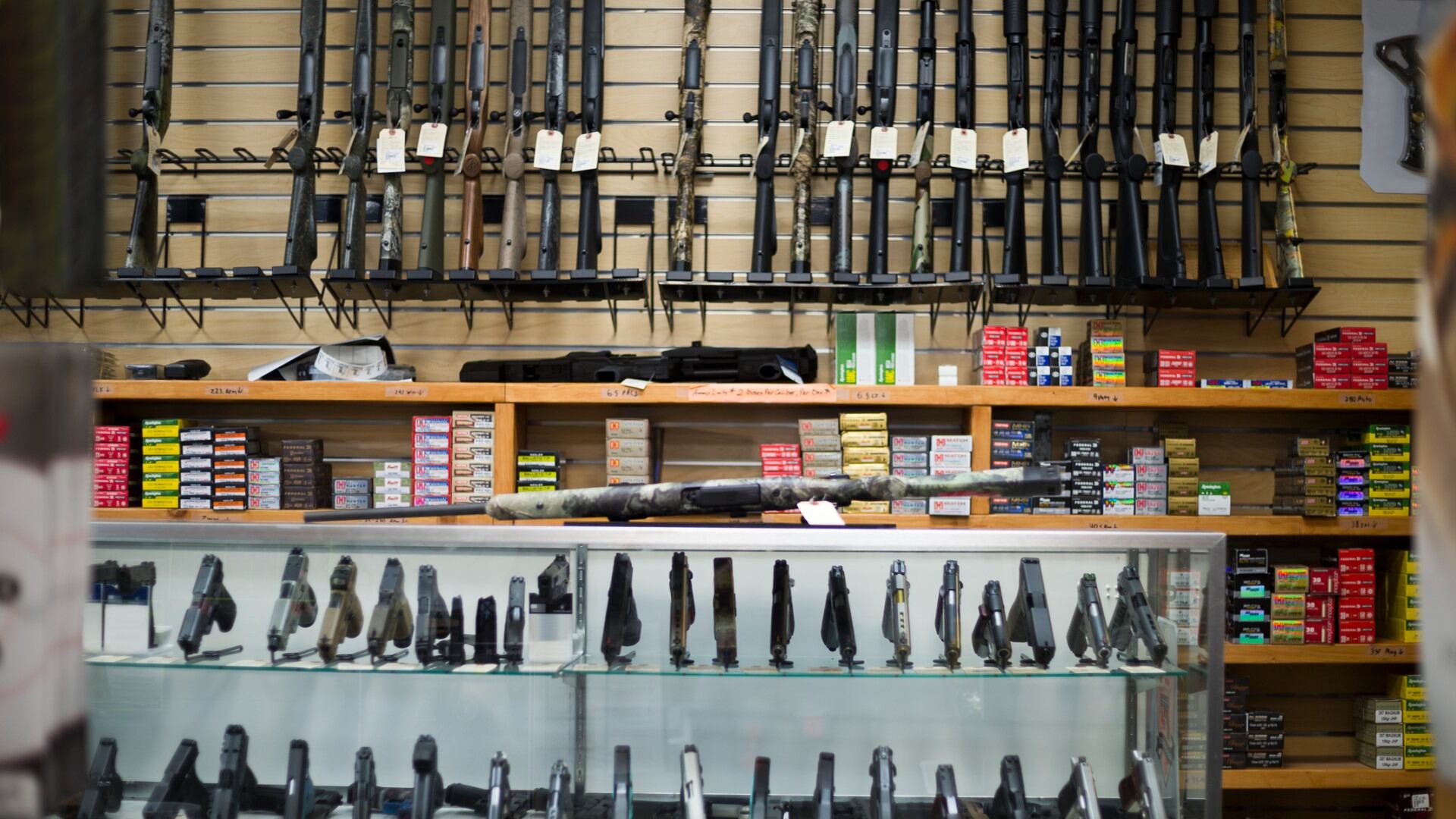By Ben Finley and Denise Lavoie
A grand jury in Virginia has indicted the mother of a 6-year-old boy who shot his teacher on charges of child neglect and failing to secure her handgun in the family's home, a prosecutor said Monday.
A grand jury sitting in Newport News charged the boy's 25-year-old mother with felony child neglect and a misdemeanor charge of endangering a child by reckless storage of a firearm, Commonwealth's Attorney Howard Gwynn said in a news release.
The Associated Press isn’t naming the mother to shield the identity of her son.
The boy shot first-grade teacher Abby Zwerner on Jan. 6 inside her classroom at Richneck Elementary School. Police said the boy’s mother legally purchased the gun. Her attorney, James Ellenson, has said the gun was secured on a top shelf in her closet and had a trigger lock.
Ellenson has not responded to a call Monday seeking comment on the indictments, which were first reported by the Daily Press.
The decision to charge the boy's mother is the latest development to cascade from the shooting in this shipbuilding city of about 185,000 people near the Chesapeake Bay.
“Every criminal case is unique in its facts, and these facts support these charges, but our investigation into the shooting continues,” Gwynn said.
Gwynn said his office has petitioned the court to empanel a special grand jury to continue an investigation into any security issues that may have contributed to the shooting.
“The safety and security of Newport News students is of utmost importance. The Special Grand Jury will investigate to determine whether additional charges against additional persons are justified by the facts and the law,” Gwynn said.
Virginia's law on felony child neglect says any parent, guardian or other person responsible for the care of a child “whose willful act or omission in the care of such child was so gross, wanton, and culpable as to show a reckless disregard for human life” is guilty of a Class 6 felony. The charge is punishable by up to five years in prison.
The misdemeanor charge says it’s against Virginia law to “recklessly leave a loaded, unsecured firearm in such a manner as to endanger the life or limb of any child under the age of fourteen.” That charge is punishable by a maximum of one year in jail.
Police Chief Steve Drew has repeatedly characterized the shooting as “intentional.” He said there was no warning and no struggle before the child pointed the gun at Zwerner and fired one round, striking her in the hand and chest.
Zwerner, 25, hustled her students out of the classroom before being rushed to the hospital, where she stayed for nearly two weeks.
Ellenson told The Associated Press in January that he understood the gun was in the woman’s closet on a shelf well over 6 feet (1.8 meters) high and had a trigger lock that required a key.
The family said in the wake of the shooting that the boy has an “acute disability” and was under a care plan “that included his mother or father attending school with him and accompanying him to class every day.” The week of the shooting was the first when a parent was not in class with him, the family said.
The family said in the days after the shooting that the child was placed under hospital care and receiving “the treatment he needs.”
The shooting also unleashed a torrent of criticism about school administrators.
Days after the shooting, school officials revealed that administrators at Richneck Elementary had suspected the child may have had a weapon before the shooting occurred. But they didn't find it despite searching his backpack.
At a subsequent school board meeting, parents and teachers lambasted administrators for what they called a misguided emphasis on attendance over the safety of children and staff. They said students who assaulted classmates and staff often faced few consequences, while Zwerner' shooting could have been prevented if not for a toxic environment in which teachers’ concerns were ignored.
In a lawsuit filed last week seeking $40 million in damages, Zwerner's attorneys accused school officials of gross negligence and of ignoring multiple warnings from teachers and other school employees the day of the shooting that the boy was armed and in a “violent mood.”
In the lawsuit, Zwerner’s attorneys said all of the defendants knew the boy “had a history of random violence” at school and at home, including an episode the year before when he “strangled and choked” his kindergarten teacher.
The school board in Newport News fired the district's superintendent, while Richneck's assistant principal resigned from the school division. The elementary school's principal is still employed by the district but no longer holds that position.
Richneck also installed metal detectors before it reopened on Jan. 30, a full three weeks after the shooting occurred.












